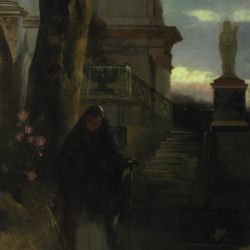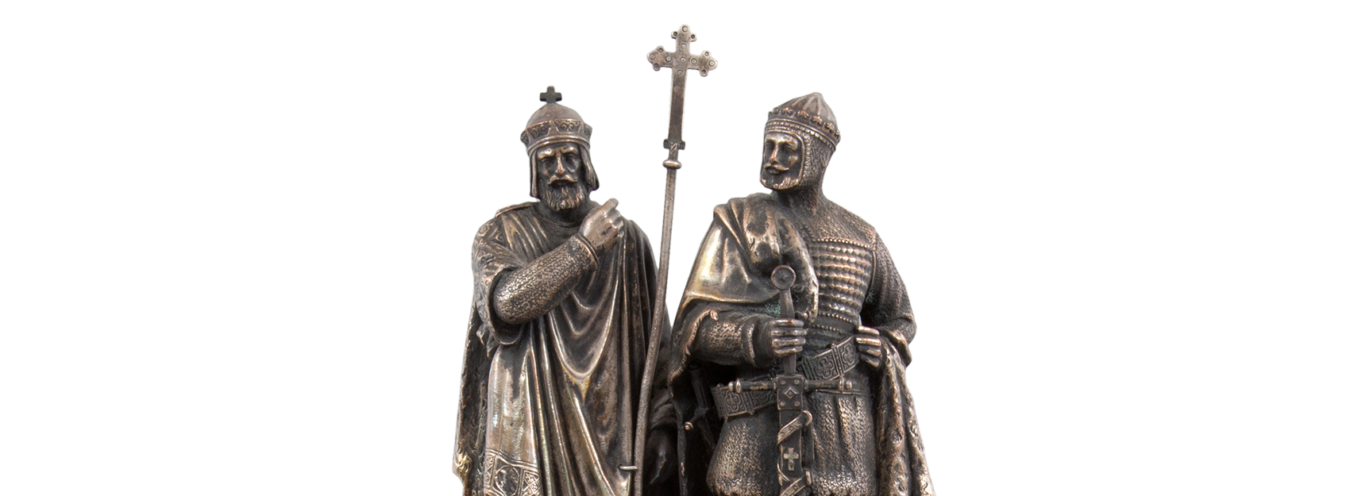Faith at the Heart of Politeia: Henryk Sienkiewicz and his “Political Theology”
The writer’s motivation in adopting a conservative worldview and the conundrum whether or not he can truly be defined as “conservative” in the classical sense of the word are undoubtedly among the issues most often debated by the scholars of his work. They surface, for example, in Tadeusz Bujnicki’s article entitled “Sienkiewicz – zbuntowany neokonserwatysta” (Sienkiewicz: A rebellious neo-conservative). The exact question posed by Bujnicki is, can Sienkiewicz’s literature and opinions really be classified within the neat opposing categories of conservatism and positivism? The suggested answer is cautious yet firm: “There is enough evidence to claim that it would actually be far from the truth.”[1]To some extent, this statement goes against earlier analyses by literary critics, who attributed the writer’s choice to join the conservative camp mainly to individual and environmental reasons as well as a hard-to-define change in his outlook on life that occurred on his return from the journey to North America. One could safely assume that such speculations follow the suggestions made by positivist criticism which, in response to the above-mentioned “conversion” of the author of the Trilogy, gave Sienkiewicz a lasting reputation as a writer of considerable narrative talents and sense of style but lacking in solid intellectual grounds for a more general, philosophical reflection. Indeed, critical voices from within the positivist generation most often equate Sienkiewicz’s gift for narration with the alleged intellectual shallowness of his literary message. An example can be found in a comment by a major Polish thinker of the period, Aleksander Świętochowski:
By the nature of his talent, Sienkiewicz is a woman’s writer. […] he recounts his stories in a soft, tender, poetical manner; his writing includes some touching details and is full of refinement […] his themes are invariably either pastoral or chivalric. There is no deeper thought […] having put the readers’ minds to sleep, he has them shed a few tears here, let out a little laugh there […], he does not charm their senses, but dulls them into a nice nap.[2]
Similar opinions of Sienkiewicz as an accomplished artist but not a thinker were concurrent with speculation on the writer’s noncommittal, rather coincidental affiliation with the positivist movement. In the words of Piotr Chmielowski, Poland’s leading positivist critic:
Although Sienkiewicz was on the side of progress, he had no penchant for philosophy and therefore did not join the positivist community: he did not take an active part in the dispute on cultural trends, subscribing only to the belief in democracy, criticizing the ineptitude of the nobility, and encouraging educational and industrial developments.[3]
The same text implies a somewhat accidental and superficial pattern to the writer’s change of heart:
At first, Sienkiewicz was quite explicit about his democratic and progressive views, but his social milieu made them fade very soon. At the beginning of 1882, Sienkiewicz assumed the editorship of Słowo, a newly founded conservative daily.[4]
Such judgments and the ensuing conclusions of literary historians cannot be denied their factual validity; however, the emotional and intellectual background of Sienkiewicz’s works was much richer than it was assumed by positivists, who were noticeably disappointed in his stance. This seems to suggest that, for Sienkiewicz, opting for this or that Weltanschauung was inspired by deeper motives. Even if he took the decision to switch his ideological allegiance under the pressure of social circumstances, his inclination to do so itself must have had a deeper, emotional and intellectual source – at least, so it seems in view of the artistic truth of Sienkiewicz’s later writings.
Przypisy
- T. Bujnicki, “Sienkiewicz – zbuntowany neokonserwatysta (o współpracowniku Niwy i redaktorze Słowa)” [Sienkiewicz: A rebellious neo-conservative], in W kręgu młodokonserwatyzmu warszawskiego 1876 – 1918 [In the circle of young conservatives in Warsaw, 1876–1918], edited by M. Gloger and W. Ratajczak, Bydgoszcz 2015, p. 64; trans. J. M.
- A. Świętochowski, Wybór pism krytycznoliterackich [Selected writings in literary criticism], selected by S. Sandler, prefaced and annotated by M. Brykalska, Warsaw 1973, p. 171; trans. J. M.
- Piotr Chmielowski, Charakterystyki literackie pisarzów polskich [Literary portraits of Polish writers], vol. 9, Henryk Sienkiewicz, Złoczów [n.d.], p. 11; trans. J. M.
- Ibidem, p. 32; trans. J. M.
Warning: Undefined array key 0 in /home/klient.dhosting.pl/aszulinska/nplp.pl/public_html/wp-content/themes/nplp/functions.php on line 1190
Warning: Attempt to read property "name" on null in /home/klient.dhosting.pl/aszulinska/nplp.pl/public_html/wp-content/themes/nplp/functions.php on line 1190

Warning: Undefined array key 0 in /home/klient.dhosting.pl/aszulinska/nplp.pl/public_html/wp-content/themes/nplp/functions.php on line 1190
Warning: Attempt to read property "name" on null in /home/klient.dhosting.pl/aszulinska/nplp.pl/public_html/wp-content/themes/nplp/functions.php on line 1190
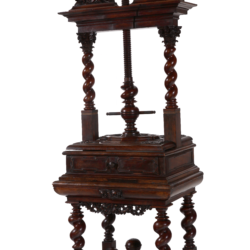
Warning: Undefined array key 0 in /home/klient.dhosting.pl/aszulinska/nplp.pl/public_html/wp-content/themes/nplp/functions.php on line 1190
Warning: Attempt to read property "name" on null in /home/klient.dhosting.pl/aszulinska/nplp.pl/public_html/wp-content/themes/nplp/functions.php on line 1190
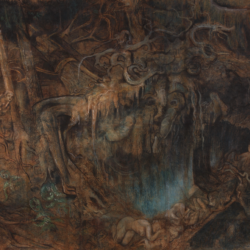
Warning: Undefined array key 0 in /home/klient.dhosting.pl/aszulinska/nplp.pl/public_html/wp-content/themes/nplp/functions.php on line 1190
Warning: Attempt to read property "name" on null in /home/klient.dhosting.pl/aszulinska/nplp.pl/public_html/wp-content/themes/nplp/functions.php on line 1190
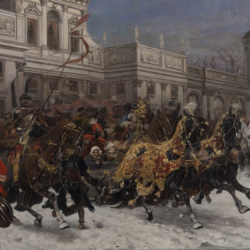
Warning: Undefined array key 0 in /home/klient.dhosting.pl/aszulinska/nplp.pl/public_html/wp-content/themes/nplp/functions.php on line 1190
Warning: Attempt to read property "name" on null in /home/klient.dhosting.pl/aszulinska/nplp.pl/public_html/wp-content/themes/nplp/functions.php on line 1190

Warning: Undefined array key 0 in /home/klient.dhosting.pl/aszulinska/nplp.pl/public_html/wp-content/themes/nplp/functions.php on line 1190
Warning: Attempt to read property "name" on null in /home/klient.dhosting.pl/aszulinska/nplp.pl/public_html/wp-content/themes/nplp/functions.php on line 1190
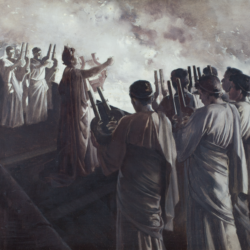
Warning: Undefined array key 0 in /home/klient.dhosting.pl/aszulinska/nplp.pl/public_html/wp-content/themes/nplp/functions.php on line 1190
Warning: Attempt to read property "name" on null in /home/klient.dhosting.pl/aszulinska/nplp.pl/public_html/wp-content/themes/nplp/functions.php on line 1190
